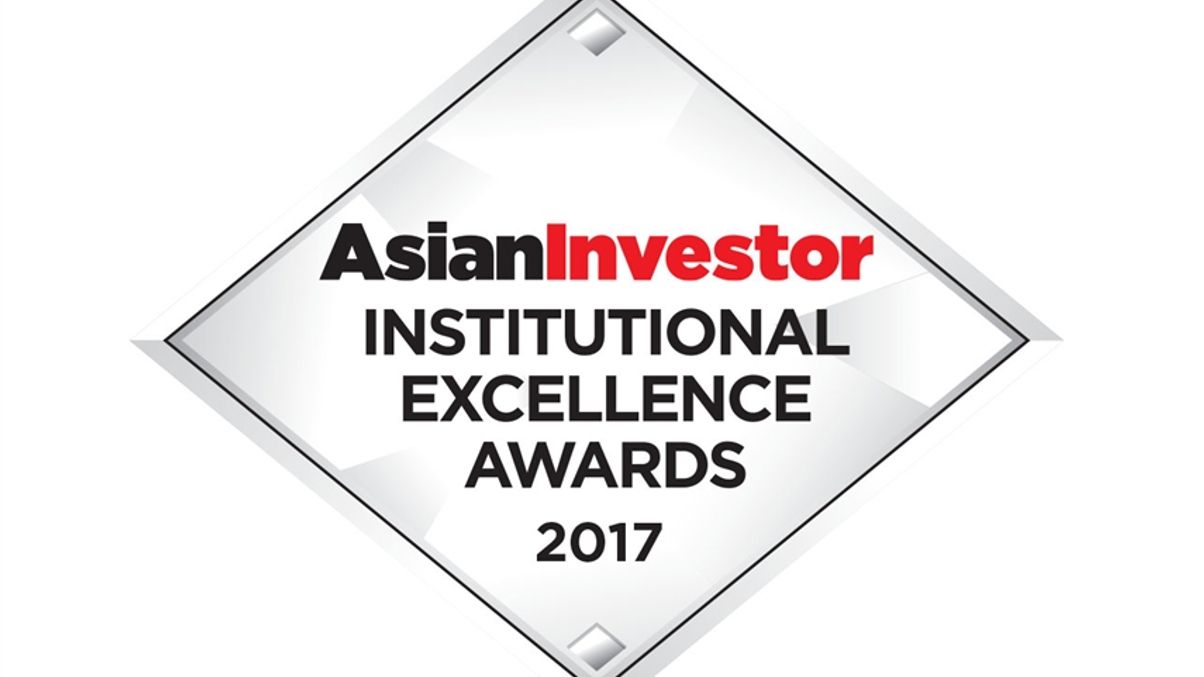award
Why Sunsuper, Ping An Life and HK Jockey Club won
We reveal why these asset owners won the Institutional Excellence Awards for Australia/New Zealand, China and Hong Kong.

AsianInvestor’s annual institutional excellence awards are designed to identify, recognise and celebrate the asset owners of the region that are either best-in-class in their institutional areas or geographies, or are fast improving and worthy of recognition for their efforts.
Sign in to read on!
Registered users get 2 free articles in 30 days.
Subscribers have full unlimited access to AsianInvestor
Not signed up? New users get 2 free articles per month, plus a 7-day unlimited free trial.
¬ Haymarket Media Limited. All rights reserved.


